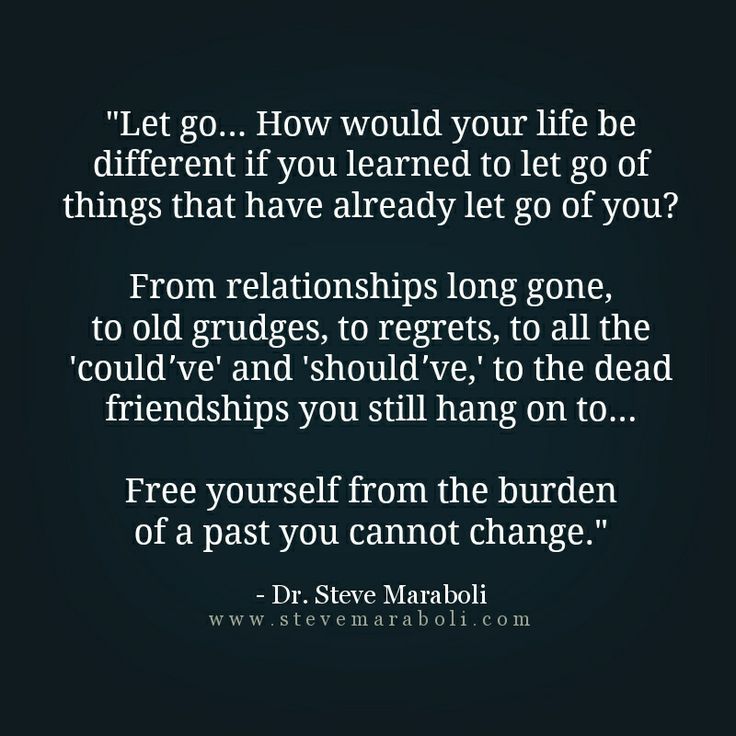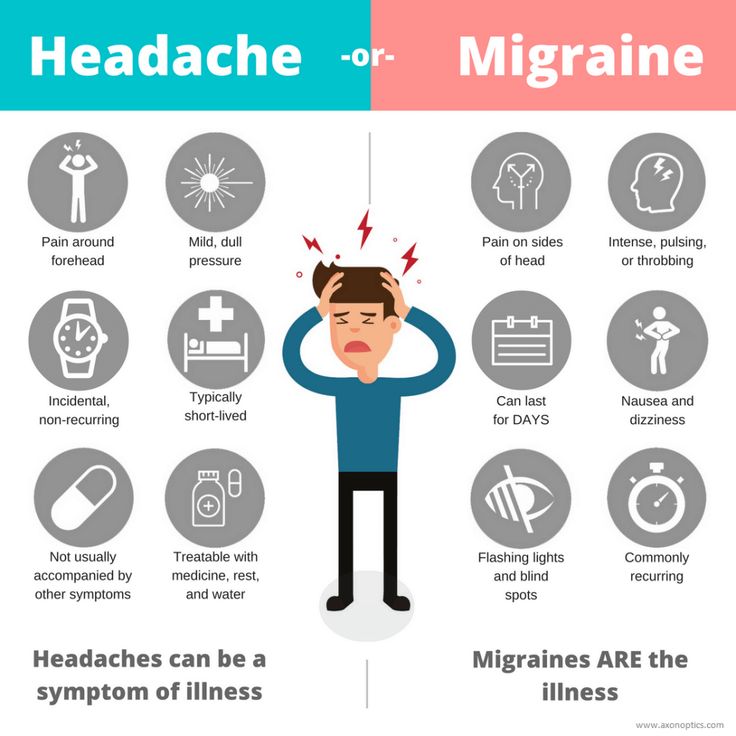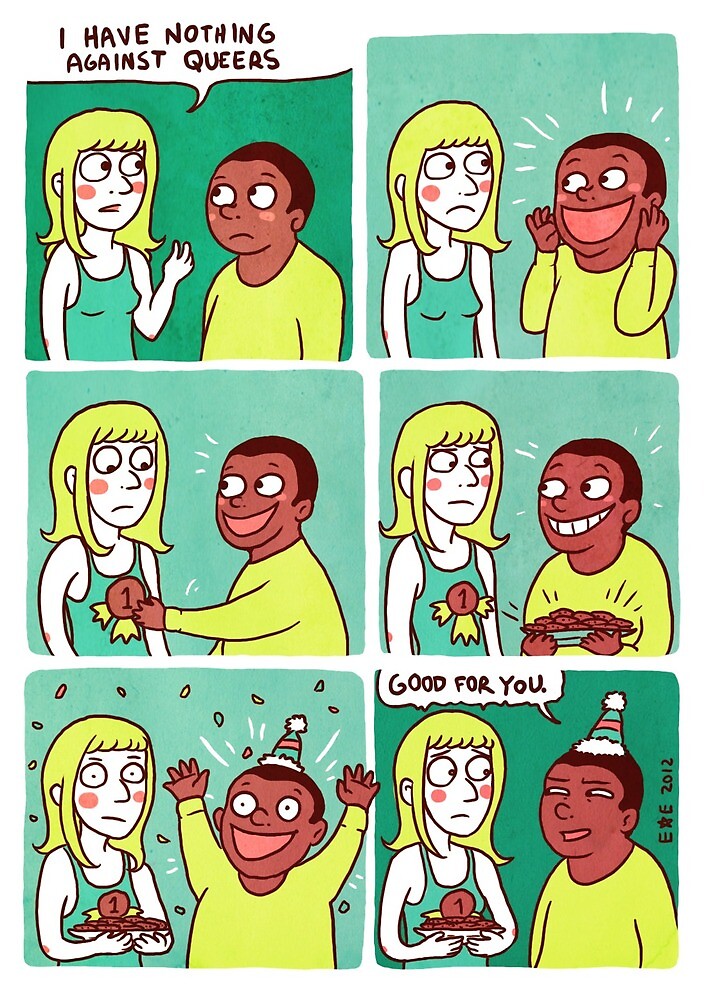How to let go of a past love
7 Ways to Let Go of a Past Love
According to Oscar Wild, “the heart was made to be broken.” Few experiences are as painful as severing the ties with a romantic partner — even if you’re the one who initiated the breakup. Your world may feel groundless, colorless, meaningless. However, a heartbreak can also inspire surprising self-growth and gift you with a sense of independence and vitality that you didn’t know what possible.
Often tears fertilize the seeds of self-transformation and nurture a new self that needed to be discovered. “The emotion that can break your heart is sometimes the very one that heals it,” said Nicholas Sparks. Here are a few strategies to begin the healing process.
Make the Decision to Let Go
It’s difficult to heal if you’re living in limbo — if much of your day is spent dreaming of a shared life with your ex. Too much fantasizing shackles you to the past and keeps you in a state of pain.
In his piece “Learning to Let Go of Past Hurts: 5 Ways to Move On“, PsychCentral founder and CEO John Grohol says that making the decision to let go is the first step to healing. “Things don’t disappear on their own,” he writes. “You need to make the commitment to ‘let it go.’ If you don’t make this conscious choice up-front, you could end up self-sabotaging any effort to move on from this part hurt.”
This decision involves action: retraining your mind from rehashing old memories to envisioning an optimistic future. It means taking accountability for our thoughts and behaviors on a daily, sometimes hourly basis.
Allow Some Obsessing
Let’s say you’ve made a conscious decision to let go and are trying your best to retrain your thoughts, but your brain still gets stuck on fantasies about your ex. That’s okay. Allow the occasional obsession. Progress is uneven. By suppressing the thoughts, you might make matters worse.
In a famous 1987 study by Daniel Wegner published in the Journal of Personality & Social Psychology, participants were asked to verbalize their stream of consciousness for five minutes while trying not to think of a white bear. They were told to ring a bell, every time the thought of a white bear came to consciousness. On average, the participants thought of a white bear more than once per minute. Over the next decade, Wegner developed his theory of “ironic processes” to explore how to tame unwanted thoughts. He concluded that when we try not to think of something, a part of our mind calls to mind the very thought we are forbidden to think. This isn’t a green light to live in the past, of course. But by indulging in the occasional fantasy, you may think about your ex less.
They were told to ring a bell, every time the thought of a white bear came to consciousness. On average, the participants thought of a white bear more than once per minute. Over the next decade, Wegner developed his theory of “ironic processes” to explore how to tame unwanted thoughts. He concluded that when we try not to think of something, a part of our mind calls to mind the very thought we are forbidden to think. This isn’t a green light to live in the past, of course. But by indulging in the occasional fantasy, you may think about your ex less.
Stay with the Loneliness
With any breakup comes the sharp pangs of emptiness. The hours spent with a loved one is now empty space, leaving a gap in your heart. Especially difficult are the scheduled calls or moments throughout the day when you’d meet. Certain songs or restaurants or movies remind you of memories shared. While it’s tempting to distract oneself from the pain with things that offer temporary relief, a straighter route to healing is to stay with the loneliness — to go through it, not around it.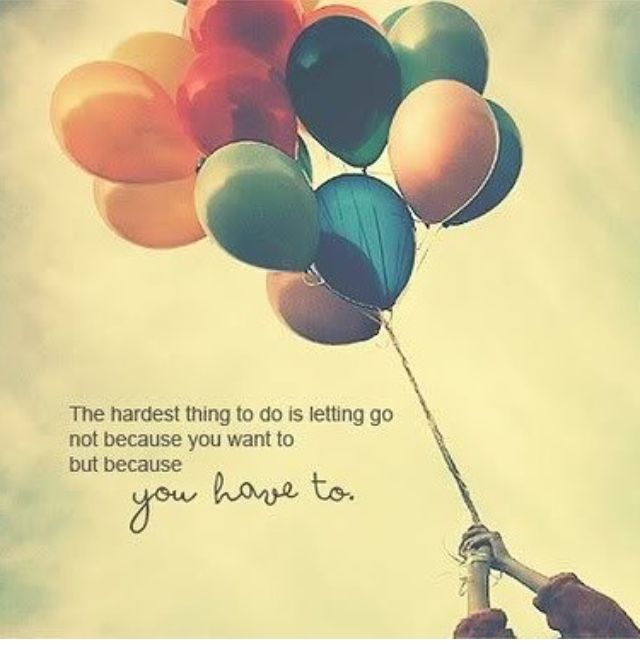
In his book The Inner Voice of Love, the late theologian Henri Nouwen writes:
When you experience the deep pain of loneliness, it is understandable that your thoughts go out to the person who was able to take the loneliness away, even if only for a moment. When … you feel a huge absence that makes everything look useless, you heart wants only one thing – to be with the person who once was able to dispel these frightful emotions. But it is the absence itself, the emptiness within you, that you have to be willing to experience, not the one who could temporarily take it away.
Distinguish Love from Infatuation
Maybe your ex was, indeed, your true love. But maybe your brain confused infatuation with love. While they can feel the same, knowing that you’re dealing with the chemical release of infatuation over the deep intimacy of true love can help you get over the loss more easily.
How to tell the difference? In an article for Redbook magazine, American author Judith Viorst distinguished love from infatuation in this way: “Infatuation is when you think that he’s as sexy as Robert Redford, as smart as Henry Kissinger, as noble as Ralph Nader, as funny as Woody Allen, and as athletic as Jimmy Conners.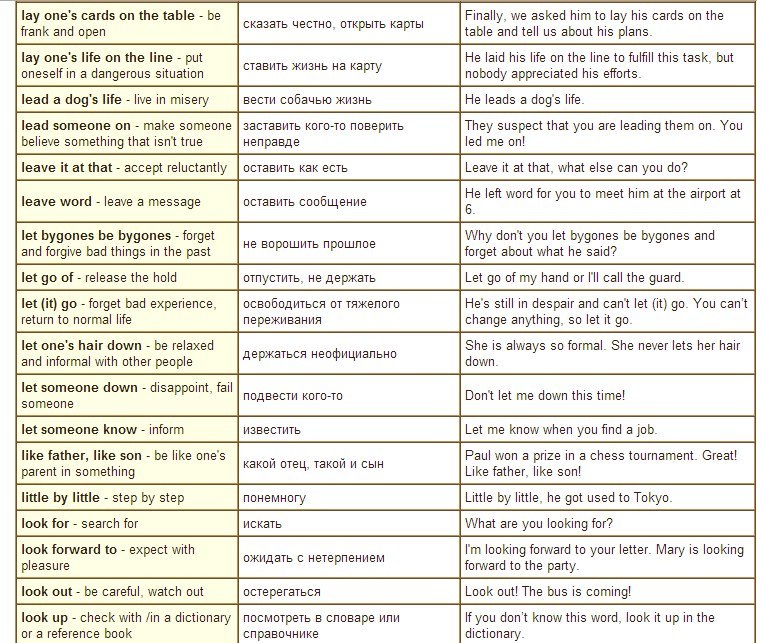 Love is when you realize that he’s as sexy as Woody Allen, as smart as Jimmy Conners, as funny as Ralph Nader, as athletic as Henry Kissinger, and nothing like Robert Redford but you’ll take him anyway.”
Love is when you realize that he’s as sexy as Woody Allen, as smart as Jimmy Conners, as funny as Ralph Nader, as athletic as Henry Kissinger, and nothing like Robert Redford but you’ll take him anyway.”
Learn to Detach
According to the Buddhist tradition, much of our suffering is born in clinging to relationships and material items in our lives, attaching ourselves to their permanent status. If we can get comfortable with the idea that everything in life is transient, we free ourselves to experience people, places, and things more fully and spare ourselves the pain associated with attachment.
Psychiatrist Mark Epstein says that intimacy puts us in touch with fragility and the acceptance of fragility opens us to intimacy. To love means to appreciate the fleetingness of a relationship, to be able to embrace impermanence. “When we take loved objects into our egos with the hope or expectation of having them forever, we are deluding ourselves and postponing an inevitable grief,” Epstein writes in his book
Going to Pieces Without Falling Apart. “The solution is not to deny attachment but to become less controlling in how we love.”
“The solution is not to deny attachment but to become less controlling in how we love.”
Remembering the impermanence of any relationship can be especially freeing when healing from a breakup. Nothing lasts forever. Even if never separated, the relationship would still be fleeting.
Build a Sense of Self
Jean-Yves Leloup, theologian and founder of the Institute of Other Civilization Studies and the International College of Therapists, explained, “Sometimes we must undergo hardships, breakups, and narcissistic wounds, which shatter the flattering images that we had of ourselves, in order to discover two truths: that we are not who we thought we were; and that the loss of a cherished pleasure is not necessarily the loss of true happiness and well-being.”
Pain exposes us to the work that needs to be done to feel alive within ourselves and to stumble upon a joy that isn’t depend on anything or anyone. We are brought to our knees, immersed in the rubble and dirt of grief. However, such a perspective allows us to build a new foundation and begin to define who we are and what we aspire to be.
However, such a perspective allows us to build a new foundation and begin to define who we are and what we aspire to be.
Open Your Heart to Love
You may be bitter, hurt, disillusioned. You never want to trust someone again. However, the fastest way to heal from a breakup is to continue to love deeply and to open your heart to the possibility of future love.
“Do not hesitate to love and to love deeply,” Nouwen writes. “You might be afraid of the pain that deep love can cause. When those you love deeply reject you, leave you, or die, your heart will be broken. But that should not hold you back from loving deeply. The pain that comes from deep love makes your love ever more fruitful. It is like a plow that breaks the ground to allow the seed to take root and grow into a strong plant.”
References:
Wegner, D.M., Schneider, D.J., Carter, S., & White, T. (1987). Paradoxical effects of thought suppression. Journal of Personality and Social Psychology, 53: 5-13.
Nouwen, H.J. (1998). The Inner Voice of Love: A Journey Through Anguish to Freedom. New York, NY: Doubleday.
Epstein, M. (1998). Going to Pieces Without Falling Apart: A Buddhist Perspective on Wholeness. New York, NY. Broadway Books.
10 Steps to Move On Peacefully
“The amount of happiness that you have depends on the amount of freedom you have in your heart.” ~Thich Nhat Hanh
Nine years ago my heart was in a million little pieces that formed the basis for a million regrets.
I had my first serious relationship in college, when all my insecurities came to a head. My ex-boyfriend had to juggle multiple roles, from therapist to cheerleader to babysitter.
The whole relationship revolved around holding me up. I realized this soon after it ended—that I’d spent three years expecting someone else to love me when I didn’t love myself. The guilt and shame kept me single for almost a decade.
I dated, but it was always casual.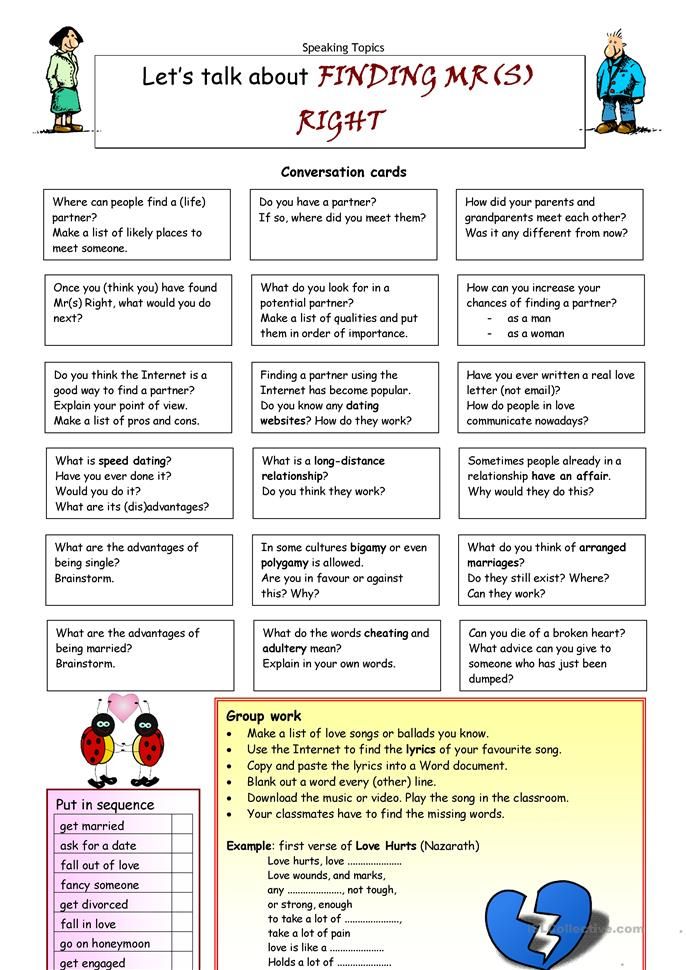 I’d start getting close to someone and then find a way to sabotage it.
I’d start getting close to someone and then find a way to sabotage it.
Long after I let go of the man, feelings about the relationship held me back. I was afraid of being vulnerable. I was afraid of being hurt. But mostly I was afraid of hurting someone else again and having to live with that.
If you’ve been holding onto an old relationship, now is the perfect time to let go. Here’s how you can start moving on.
1. Practice releasing regrets.
When a relationship ends, it’s tempting to dwell on what you did wrong or what you could have done differently. This might seem productive—like you can somehow change things by rehashing it. You can’t. All dwelling does is cause you to suffer.
When you start revisiting the past in your head, pull yourself into the moment. Focus on the good things in your current situation: the friends who are there for you and the lessons you’ve learned that will help you with future relationships.
It might help to tell your friends to only let you vent for ten minutes at a time. That way you’re free to express your feelings, but not drown in them.
That way you’re free to express your feelings, but not drown in them.
2. Work on forgiving yourself.
You might think you made the biggest mistake of your life and if only you didn’t do it, you wouldn’t be in pain right now. Don’t go down that road—there’s nothing good down there!
Instead, keep reminding yourself that you are human. You’re entitled to make mistakes; everyone does. And you will learn from them and use those lessons to improve your life.
Also, keep in mind: if you want to feel love again in the future, the first step is to prepare yourself to give and receive it. You can only do that if you feel love toward yourself. And that means forgiving yourself.
3. Don’t think about any time as lost.
If I looked at that unhealthy relationship or the following decade as time lost, I’d underestimate all the amazing things I did in that time. True, I was single throughout my twenties, but that made it easier to travel and devote myself to different passions.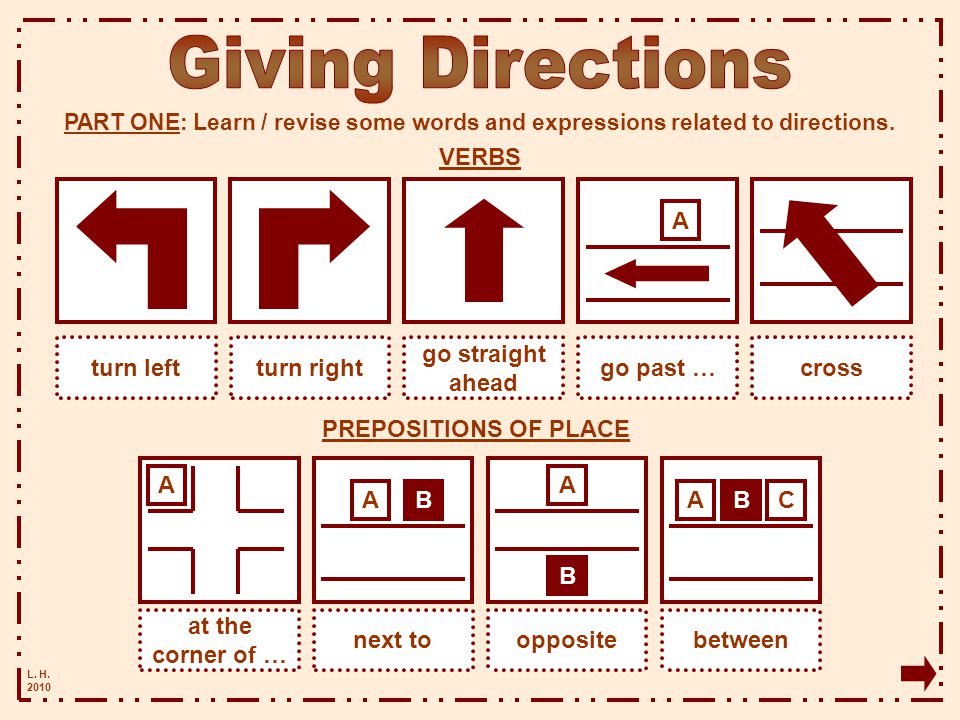
If you’ve been clinging to the past for a while and now feel you’ve missed out, shift the focus to everything you’ve gained. Maybe you’ve built great friendships or made great progress in your career.
When you focus on the positive, it’s easier to move on because you’ll feel empowered and not victimized (by your ex, by yourself, or by time.) Whatever happened in the past, it prepared you for now—and now is full of opportunities for growth, peace, and happiness.
4. Remember the bad as well as the good.
Brain scientists suggest nearly 20 percent of us suffer from “complicated grief,” a persistent sense of longing for someone we lost with romanticized memories of the relationship. Scientists also suggest this is a biological occurrence—that the longing can have an addictive quality to it, actually rooted in our brain chemistry.
As a result, we tend to remember everything with reverie, as if it was all sunshine and roses. If your ex broke up with you, it may be even more tempting to imagine she or he was perfect and you weren’t.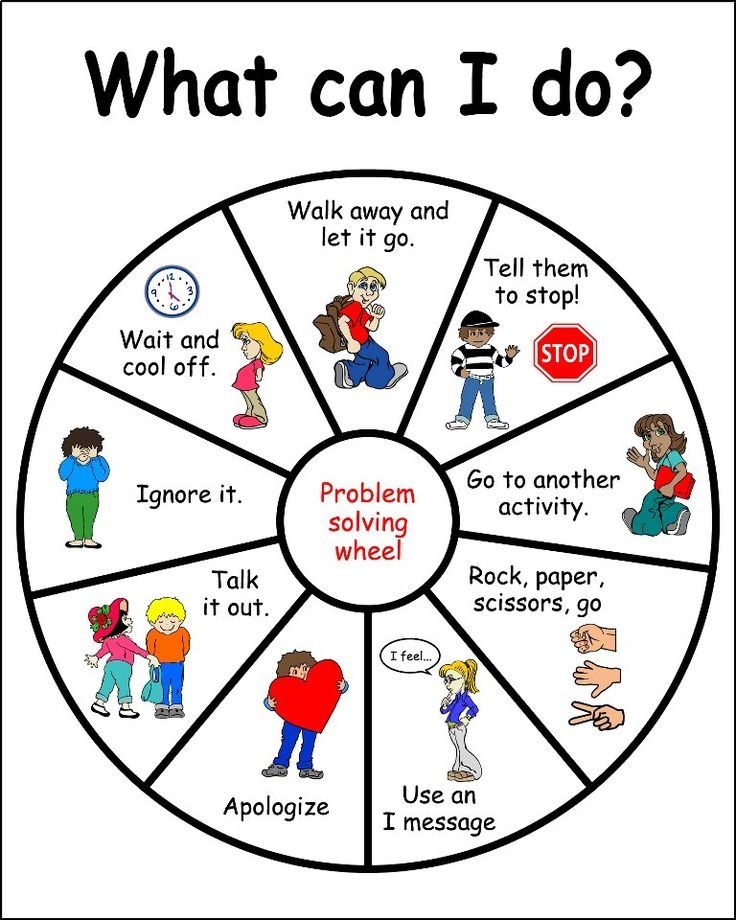 In all reality, you both have strengths and weaknesses and you both made mistakes.
In all reality, you both have strengths and weaknesses and you both made mistakes.
Remember them now. As I mentioned in the post 40 Ways to Let Go and Feel Less Pain, it’s easier to let go of a human than a hero.
5. Reconnect with who you are outside a relationship.
It’s quite possible you lived a fulfilling single life before you got into this relationship. And maybe you felt strong, satisfied, and happy, if not with everything in your life, on the whole.
Remember that person now. Reconnect with any people or interests that may have received less attention while you were attached.
Your former self attracted your ex, and they’re still there inside you. That person will get you through this loss and will attract someone equally amazing in the future, when the time is right. If you can’t remember who you were, get to know yourself now. What’s important to you? What do you enjoy? What makes you feel alive?
If you never felt satisfied and happy on your own, use this as opportunity to become the kind of person you’d want to be with, because you’re going to be with yourself forever, regardless of your relationship status.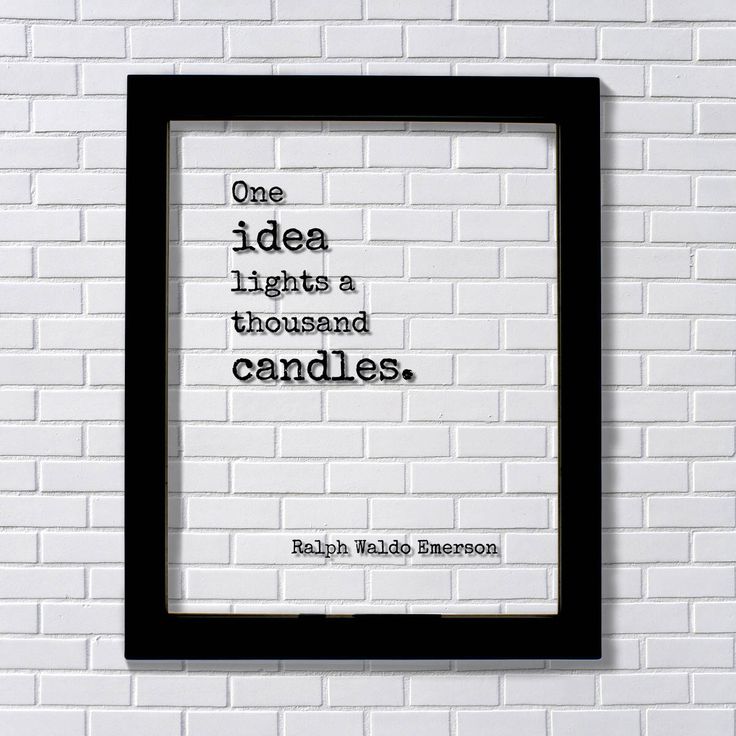 And though someone else can complement your life, you are the only one who can fill yourself from the inside out.
And though someone else can complement your life, you are the only one who can fill yourself from the inside out.
6. Create separation.
Hope can be a terrible thing if it keeps you stuck in the past. It’s not easy to end all contact when you feel attached to someone. Breaking off the friendship might feel like ruining your chances at knowing love again.
It’s helped me to change my hopes to broader terms. So instead of wanting a specific person to re-enter your life, want love and happiness, whatever that may look like.
You will know love again. You won’t spend the rest of your life alone. In one way or another, you will meet all kinds of people and create all kinds of possibilities for relationships—if you forgive yourself, let go, and open yourself up, that is.
7. Let yourself feel.
Losing a relationship can feel like a mini-death, complete with a grieving process.
First, you’re shocked and in denial. You don’t believe it’s over and you hold out hope. Next, you feel hurt and guilty. You should have done things differently. If you did you wouldn’t be in this pain.
Next, you feel hurt and guilty. You should have done things differently. If you did you wouldn’t be in this pain.
Then, you feel angry and maybe even start bargaining. It would be different if you gave it a second go. You wouldn’t be so insecure, defensive, or demanding. Then you might feel depressed and lonely as it hits you how much you’ve lost.
Eventually, you start accepting what happened and shift your focus from the past to the future.
You have to go through the feelings as they come, but you can help yourself get through them faster. For example, if you’re dwelling in guilt, make forgiving yourself a daily practice. Read books on it, meditate about it, or write about it in a journal.
8. Remember the benefits of moving on.
When you let go, you give yourself peace.
Everything about holding on is torturous. You regret, you feel ashamed and guilty, you rehash, you obsess—it’s all an exercise in suffering. The only way to feel peace is to quiet the thoughts that threaten it.
Letting go opens you up to new possibilities.
When you’re holding onto something, you’re less open to giving and receiving anything else.
If you had your arms wrapped around a huge bucket of water, you wouldn’t be able to give anything other than that bucket, or grab anything else that came your way. You might even struggle breathing because you’re clutching something so all-encompassing with so much effort.
You have to give to receive. Give love to get love, share joy to feel joy. It’s only possible if you’re open and receptive.
9. Recognize and replace fearful thoughts.
When you’re holding onto a relationship, it’s usually more about attachment than love. Love wants for the other person’s happiness. Fear wants to hold onto whatever appears to make you happy so you don’t have to feel the alternative.
You might not recognize these types of fearful thoughts because they become habitual. Some examples include: I’ll never feel loved again. I’ll always feel lonely. I am completely powerless.
I’ll always feel lonely. I am completely powerless.
Replace those thoughts with: All pain passes eventually. It will be easier if I help them pass by being mindful. I can’t always control what happens to me, but I can control how I respond to it.
10. Embrace impermanence.
Nothing in life lasts forever. Every experience and relationship eventually runs its course.
The best way to embrace impermanence is to translate it into action. Treat each day as a life unto itself. Appreciate the people in front of you as if it were their last day on earth. Find little things to gain in every moment instead of dwelling on what you lost.
When I feel like clinging to experiences and people, I remind myself the unknown can be a curse or an adventure. It’s up to me whether or not I’m strong and positive enough to see it as the latter.
—
It took me eight years to work through my feelings about relationships and letting go; but I am happy to report I am fifteen months into a healthy relationship, standing firmly on my own two feet. In fact, last night he flew from California to Boston, where I’ve been visiting for the last two weeks, to spend time with me and my family.
In fact, last night he flew from California to Boston, where I’ve been visiting for the last two weeks, to spend time with me and my family.
I don’t regret the time when I was single, but I know now I could have hurt less and created even more possibilities for myself if I put more effort into completely letting go. I hope you’ll make that choice.
Update: As you can see from the comment section, I have received many requests for advice, and I have done my best to offer guidance and support. However, I feel a responsibility to express that this post presents my own personal experiences and lessons. I am not an expert on relationships, and I hold no formal training in psychology or counseling. If you are in a physically or emotionally abusive or otherwise unhealthy relationship, I highly recommend you consult a qualified professional.
Update #2: Due to the high volume of requests for advice, on this and other posts, I may not be able to respond to your comment. However, you are more than welcome to share your experiences! Other readers may be able to offer their insights. Alternatively, you may want to join the Tiny Buddha forums to seek guidance and support from the community.
However, you are more than welcome to share your experiences! Other readers may be able to offer their insights. Alternatively, you may want to join the Tiny Buddha forums to seek guidance and support from the community.
About Lori Deschene
Lori Deschene is the founder of Tiny Buddha. She’s also the author of Tiny Buddha’s Gratitude Journal, Tiny Buddha's Worry Journal, and Tiny Buddha's Inner Strength Journal and co-founder of Recreate Your Life Story, an online course that helps you let go of the past and live a life you love. For daily wisdom, join the Tiny Buddha list here. You can also follow Tiny Buddha on Facebook, Twitter, and Instagram.
See a typo or inaccuracy? Please contact us so we can fix it!
6 steps to let go of past love, even if the heart still hurts
If falling in love is the most beautiful feeling in the world, then parting with love is the most terrible.
Author Kluber To read 3 min. Views 3.8k. Posted by
Posted by
If falling in love is the most beautiful feeling in the world, then parting with love is the worst thing.
But sometimes it is necessary. In order to survive. To love again later. And here's how:
1. Ask yourself how determined you are to do this.
Before you make any life changes, you should ask yourself how determined you really are to make it. On a scale of 1 to 10, how close are you to a 10? Because without a decisive attitude, you will not be able to achieve such a difficult goal as forgetting past love.
So are you ready to do this? Or is some part of you still holding on to the possibility of a second chance? Do you feel like you're not strong enough to do it yet? nine0003
If the answer to any of these questions is yes, then you may still need to wait. Time really helps, and over time you will become stronger and more ready for such a difficult task.
2.
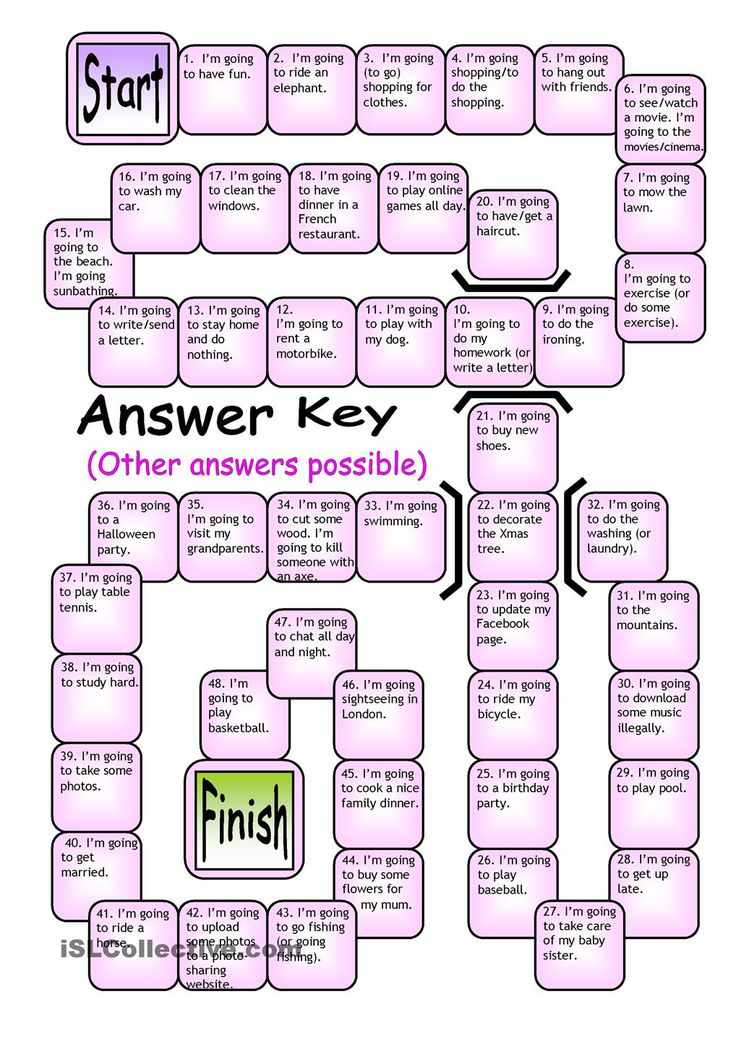 Cut off all communication with him.
Cut off all communication with him. It seems to us that there must be a last conversation to dot the i's, so that you speak out, understand each other and part as friends.
But this is rarely the case. If you could just talk and discuss your problems like that, would you get to the point you are now? Unlikely. nine0003
So when you decide your relationship is over, cut off all contact with him. Block him on your phone, delete him on social media, keep him out of the places where he goes. Why? Because you need to break the habit of this person. So no more connection with him. This will make the recovery process easier for your heart.
3. Ask yourself what you need to let go.
This is very important. What exactly do you need to go further? Perhaps this is anger and resentment at him for what he did. Maybe it's anger at yourself that you've wasted so much of your time on him. These are the hopes and dreams you built for the two of you. They now need to be abandoned in this form, with this person.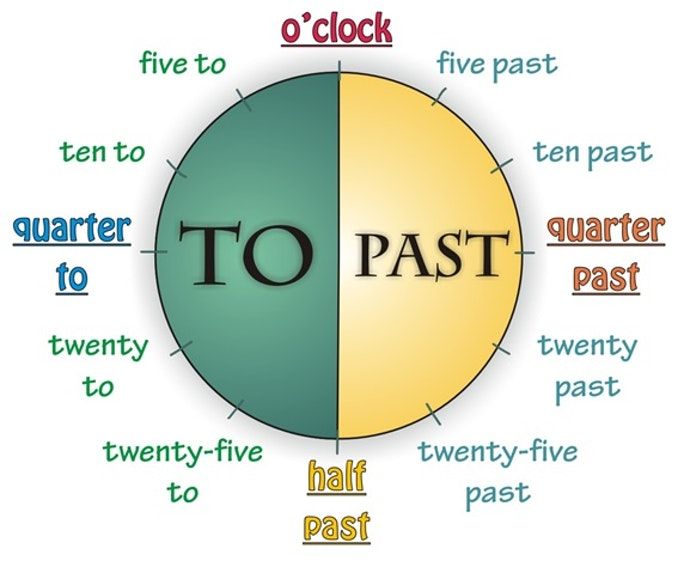 nine0003
nine0003
4. Ask yourself what was real and what was in your head.
Each of us has our own ideas about our relationships, but, unfortunately, often they do not always coincide with reality - these are just hopes and illusions. When you realize that in reality everything is not as beautiful as you wanted to believe, it will be easier to let go and forget.
5. Ask yourself what you really want in a relationship.
Make a list. A list of what you want in a man in a relationship with you. And then compare him to your ex-boyfriend. Do you still have any reason to suffer for it? It's time to move on. nine0003
6. Be open to new relationships.
You may think that you will never love someone again, but don't promise. You can at least dress up, go somewhere, flirt with someone, improve your mood and self-esteem. Enjoy yourself and life!
According to the materials - soulpost.ru
Attraction of despair. Why it's so hard for us to let go and forgive our exes
- Shermaine Lee
- BBC Future
Sign up for our ”Context” newsletter: it will help you understand the events.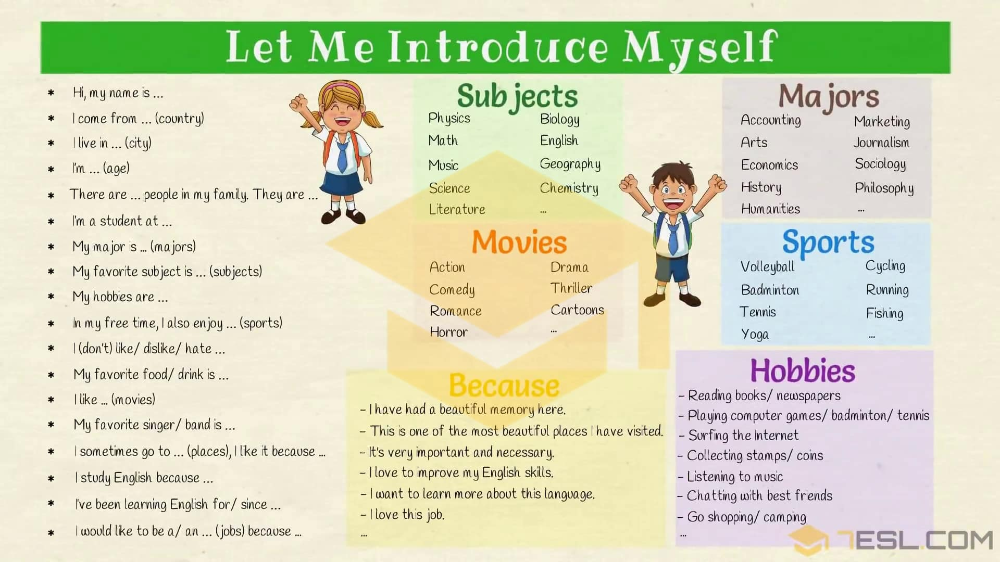
Image copyright, Getty Images
Breaking up with someone you love is hard, but why do some people try so hard to get their old love back, while others, on the contrary, bypass their exes the tenth way? The temptation to rekindle the fire of an old love is deeply rooted in human psychology, experts explain.
Tears rolled down the cheeks of 28-year-old Hong Kong resident Yance when she told George that their relationship was over. Then she walked home alone along the embankment, and her heart was broken. At the same time, a sigh of relief escaped her. nine0003
This was Jans' third breakup with George in the last two months, and this time she was sure there was no going back.
"I missed him very much, I was reminiscing about our best days," says Jans about how she experienced previous spats.
Nostalgia for the best moments of their relationship eventually led her to return to her former partner again and again.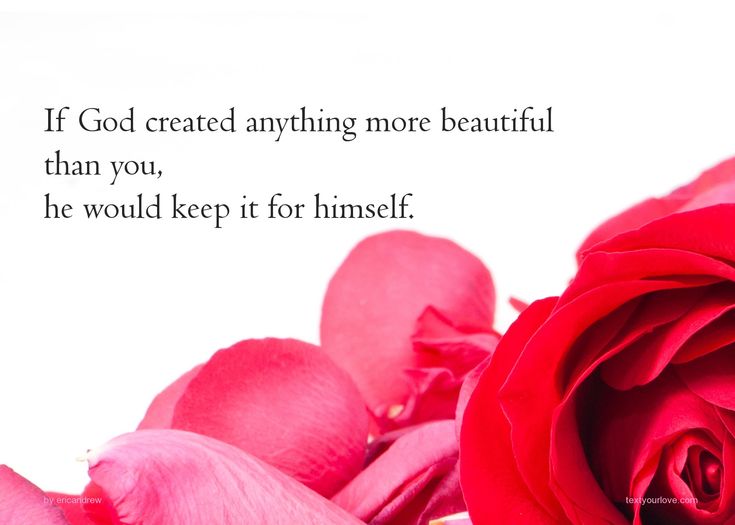 "But our views on life were very different, and in the end, nothing changed every time. I deleted all reminders of him from social networks and I know only one thing: we will not be together anymore." nine0003
"But our views on life were very different, and in the end, nothing changed every time. I deleted all reminders of him from social networks and I know only one thing: we will not be together anymore." nine0003
It seems that the desire to reunite with a former love is quite common and can haunt us throughout our lives.
Nearly two-thirds of college students have been in relationships that alternated between breakups and reconciliations, with half continuing sexual relationships after the breakup.
This can continue even after marriage. More than a third of couples living together and one fifth of those living in marriage have experienced a breakup and subsequent resumption of relationships. nine0003
This phenomenon has spawned countless lyrical songs, novels, plays, films and reality shows. No wonder - breakups and the subsequent search for reconciliation are deeply rooted in human psychology.
But why are we so tempted to stir up the past after relationships don't work out?
- The main questions of life.
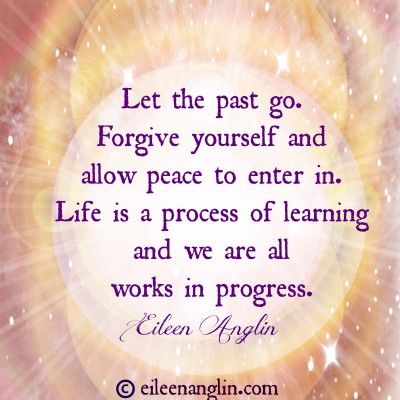 Is love just a fleeting chemical reaction in your brain?
Is love just a fleeting chemical reaction in your brain? - What is the danger of believing in true and only love
- Scientists: falling in love can serve as painkillers
Immediately after a breakup, people enter a phase that Helen Fisher, a neurologist at the Kinsey Institute (Kinsey Institute for the Study of Sex, Gender and Reproduction, USA), calls the protest phase, during which the rejected party becomes literally obsessed with the desire to win the heart of the one who was rejected again. who initiated the breakup.
Image copyright, Getty Images
Photo caption,Young people may be more likely to rekindle relationships after a breakup. And to a new gap
Fischer and a team of scientists used MRI scans to examine the brains of 15 people who had recently been rejected by a romantic partner.
When volunteers were asked to look at a picture of their former lover, areas of their brains normally associated with loss and gain, craving, and emotion regulation became active, along with areas associated with romantic love and attachment.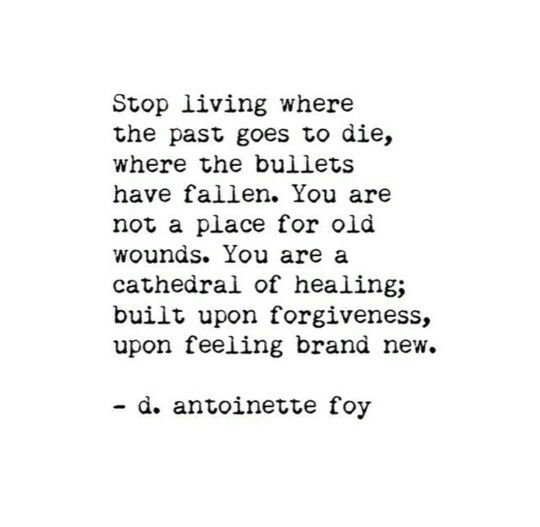
"After being rejected, you don't automatically stop loving a person. In fact, you may even love them more. The main area of the brain associated with addiction is still active," Fisher says. nine0003
Skip Podcast and continue reading.
Podcast
What was that?
We quickly, simply and clearly explain what happened, why it's important and what's next.
episodes
The End of the Story Podcast
At such times, rejected lovers experience an increase in dopamine and the neurotransmitter norepinephrine, which, according to Fisher, is explained by increased stress levels and a desire to call for help. She calls it "the attraction of desperation". nine0003
It is believed that this is why, at the moment of emotional stress, some rejected people resort to dramatic gestures and actions - only to return the object of their desire.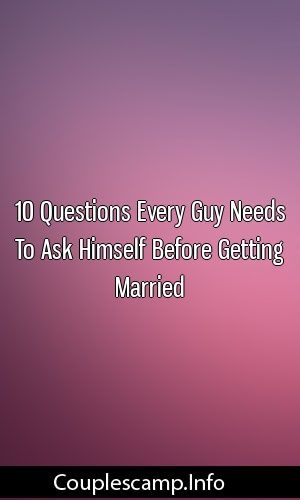
The so-called nucleus accumbens, the main area of the brain associated with addiction, is active in the brains of outcasts (both men and women). Participants in Fisher's study could not get rid of obsessive thoughts about their former partner and longed to re-establish an emotional connection with him.
"Anxiety after a breakup can be compared to the behavior of a puppy that was taken from its mother and locked in the kitchen alone: he runs in circles, barks and whines," Fisher adds.
"Couples whose breakups alternate with reconciliations are still addicted to each other like a drug, they simply cannot part without problems until this addiction goes away."
In addition to brain chemistry, there are other reasons why people work so hard to bring a doomed relationship back to life. They lie in the behavioral realm. nine0003
Image copyright, Getty Images
Image caption, Breakup misbehavior is a phenomenon that has long been known, but has recently received special terminology get rid of old feelings for him and reduces the likelihood of resuming a relationship.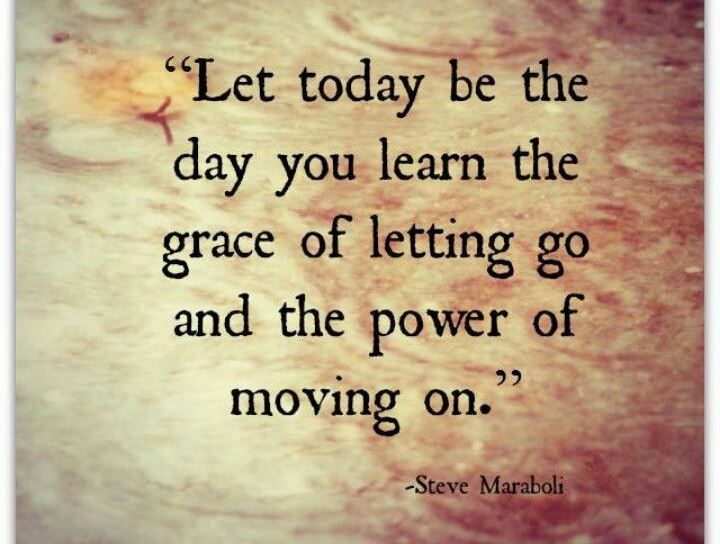
But some people experience perfectly synchronous feelings after a breakup, which increases the likelihood of forgiveness.
Feeling unresolved in a relationship can make it tempting to renew a relationship, pushing for an attempt to "try again," "start over," says René Daly, a professor at the University of Texas who studies this type of relationship. nine0003
"A couple can go through a lot of conflict during a breakup and still feel affection or love for each other," she explains.
"So it can all come down to the inability to cope with the conflict, to resolve it. If the gap is not clear, people may consider that they have changed something in themselves for the better, and try again."
According to Daley, attachment theory, which is popular in some areas of psychology and which is often attempted to explain the compatibility of people using online dating applications, does not explain the phenomenon of reconciliation after breakups. nine0003
nine0003
According to this theory, the behavior of educators in relation to children forms the style of attachment of the latter in their subsequent adult life - they can belong to different types of attachment.
The safe type assumes a healthy emotional connection, the anxious type (ambivalent connection) doubts his value to a partner and may go to great lengths just to restore intimacy. The third group is those who avoid attachment, self-sufficient, rejecting intimacy. nine0003
According to this theory, the partners of the last two types are attracted to each other, and in the event of a quarrel it is difficult for them to completely break with each other. However, scientific research does not seem to support this assumption.
Image copyright, Getty Images
Image caption,Those who are afraid of being alone are more likely to return to their former relationship with an ex-partner
"We found very little difference between those who regularly who are not subject to such fluctuations.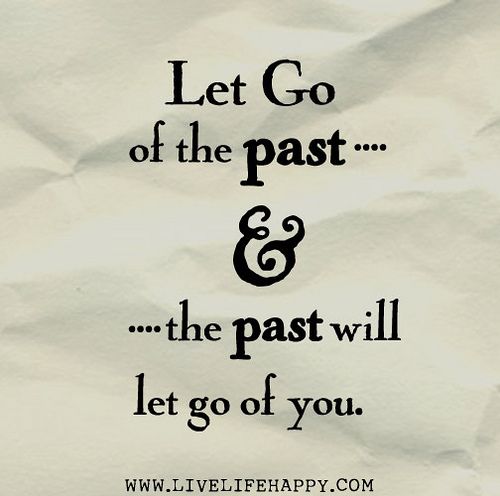 Although the attachment theory looks like a good explanation, we have not found support for it, "Daley says. nine0003
Although the attachment theory looks like a good explanation, we have not found support for it, "Daley says. nine0003
As with Jans, nostalgia and loneliness play a significant role in seeking forgiveness.
"This is usually associated with a sense of loss of all the good that was in the previous relationship, with feelings of loneliness, loss and grief that come with a breakup," says Kristen Mark, professor at the University of Kentucky.
According to her, nostalgia for former relationships often first arises when something in the current relationship does not work out.
Those who are afraid of being alone are more likely to return to their old relationship with an old partner, studies show. nine0003
This could also explain Jans' behavior in the current pandemic situation. According to her, she felt very lonely during the outbreak of the coronavirus, and because of this, she wanted to return to her old love, to mend relations again.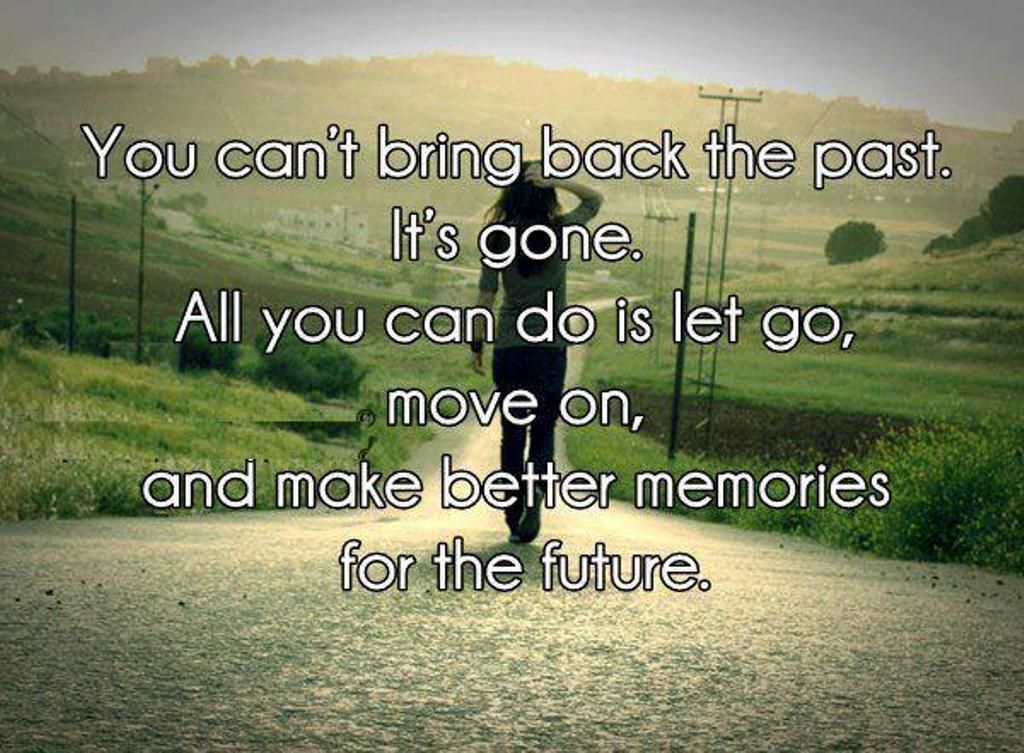
- Why quarantined people began to apologize to their exes
The loneliness experienced by people in quarantine could also be intensified by the opportunities that social networks now offer, because with their help it is easy to monitor your "ex". nine0003
The desire to get rid of loneliness at any cost can bring a person back to an old partner.
"We tend to see past relationships in a rosier light than they actually were, and we forget that people can change over time," says Gail Saltz, assistant professor of psychiatry at the Weill-Cornell School of Medicine at New York Presbyterian Hospital. "Social networks make it difficult to break up, keep you from moving on in life. Tracking the posts of an ex-partner is a very unhealthy thing." nine0003
Because social media can delay the breakup process, it's no surprise that millennials and Gen Zers (those born after 1996) may be even more prone to negative breakup behaviors, says University of Miami professor Berit Brogaard.
"Ugly breakups have been known to us for as long as romantic love," Brogaard emphasizes. etc". nine0003
In addition, millennials and Gen Z may be much more vulnerable to depression and more dependent on public approval (primarily on social media), so they may well be prone to frequent breakups and reconciliations with the same partner, adds Brogaard.
If millennials and Generation Z were born, as they say, with a laptop in their hands, then it is quite understandable that they will seek solace on dating sites and on the Internet in general.
9Benching , as if you were kept in reserve, just in case.
As a result, the personal growth coaching business is booming: in the US alone, the industry was valued at over $1 billion in 2018. The niche market for services for those with a broken heart is starting to turn into a serious player.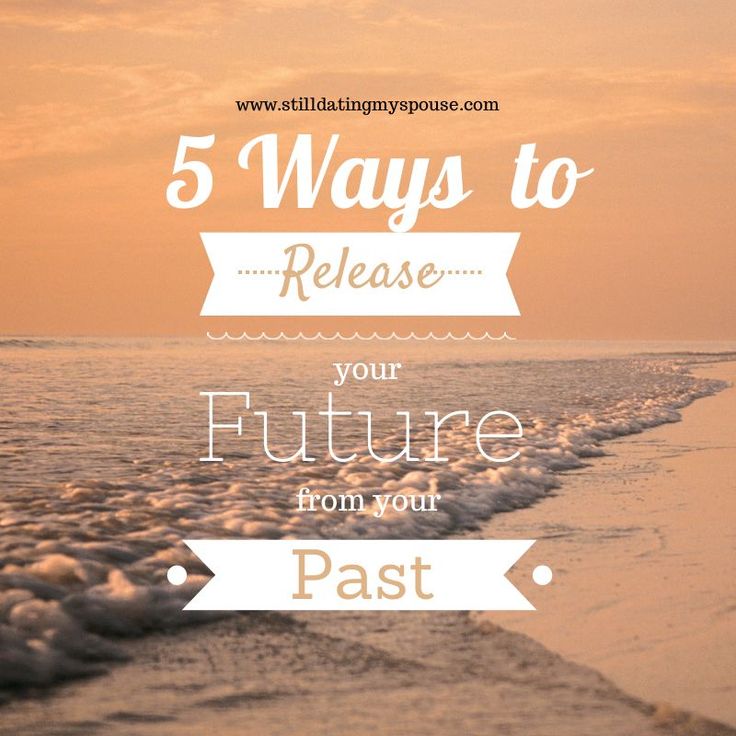
Painful breakup coaches now promise their clients to help them get their ex back or get on with life without him. nine0003
Many offer advice and strategies on their blogs, YouTube videos and podcasts. They are read, watched and listened to by millions.
Image copyright, Getty Images
Image caption,Staying away from your ex after a breakup is always good, even if you want to win his/her heart back
Among the most popular tips is the "no contact" rule (recommended) period from 30 to 60 days, and some even advise forever). This time should be devoted to self-development. nine0003
Many people also advise you to text your "ex" in the messenger, reminding you how good you once were and showing how you have changed in the past.
Neurologist and anthropologist Helen Fisher agrees that the "no contact" rule can be useful in some ways. According to her, it has been proven that the 90-day period can be an effective means of getting rid of drug addiction. However, will it help in human relationships?
However, will it help in human relationships?
"The way to heal a broken heart is a bit like treating addiction: you hide all the things that are associated with your ex, stop following him on social networks and avoid meeting him," Fisher says. nine0003
Brogaard also points out that the above rule has some scientific basis. The intensity of strong emotions, including anger, feelings of betrayal, and so on, weakens over time.
Another Hong Kong resident, Lilian, who is in her 30s, was one of those Internet users looking for a way to reconcile with her ex-partner online just a couple of days after the breakup. She stumbled upon a video on social media by one of her dating coaches. nine0003
According to Lillian, this coach offered various tips and tricks to help create distance between her and her ex, and then get his attention back to her.
"It calmed me down, but then I became even more worried. The breakup coach suggested waiting 30 days before getting in touch with my ex-boyfriend again, and then dressing better to show him that I had changed for the better . .. But I couldn't wait that long," admits Lillian.
.. But I couldn't wait that long," admits Lillian.
The point is that although such coaches can quickly calm down those suffering from a breakup, their advice may not have any scientific basis.
According to Brogaard, these coaches often do not have a full-fledged training, including academic, in areas such as neuroscience, psychology, cognitive science, philosophy or social work.
Image copyright, Getty Images
Image caption,One piece of advice coaches give when dealing with difficult relationships is this: try to look your best by the time you meet your ex again
As the psychologist adds, some of them even try to appropriate the methods of those who have relevant training, but have little understanding of how to properly use this information.
"Their services may be more expensive than a good psychotherapist, but there is no evidence that their advice will help you. You can just waste your time and money," she says.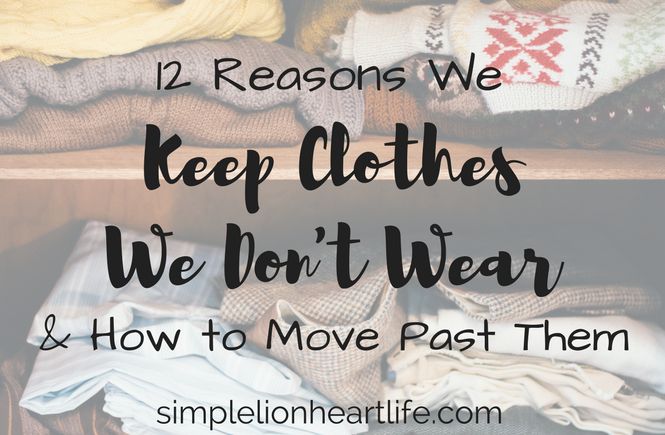 in practice they are mostly useless.
in practice they are mostly useless.
Experts, in addition, point to the absence of standards and any kind of regulation in this area. As Daly points out, many of the coaches are not qualified to give advice. nine0003
"Almost anyone can claim to be a coach, so I'd be very careful here," Saltz points out. what is the preparation?
Instead of spending money on coaches, Brogaard advises those who are heartbroken to read the literature on breakups and interpersonal relationships from trusted sources, including research reviews on Google Scholar. nine0003
But she warns against spending too much time and energy trying to get someone back: "If you have to go off the path of life in order to get your ex back, is it worth it?"
Experts say there is no magic bullet to reconcile other than an honest conversation about what went wrong and wrong in your relationship.
For those who can't accept that it's over, a glimmer of hope is that after the protest phase, their brain will move into a phase of despair and defeat, and then acceptance, indifference and growth, Fisher emphasizes.